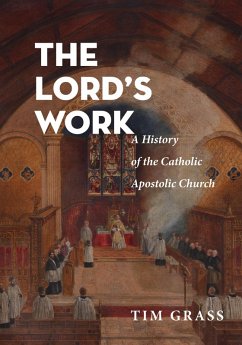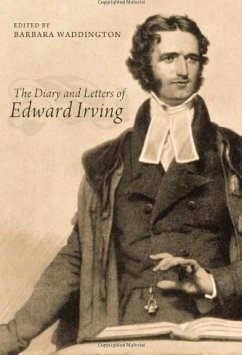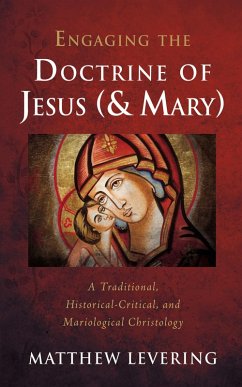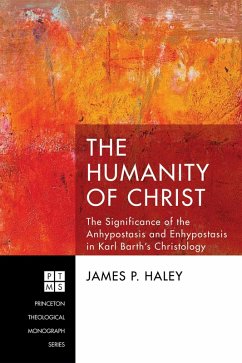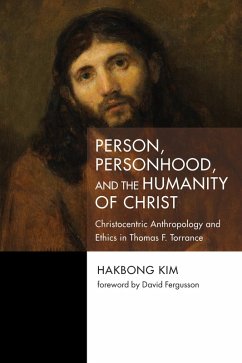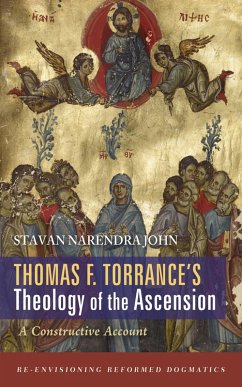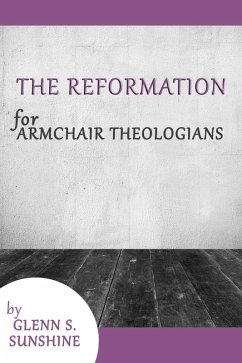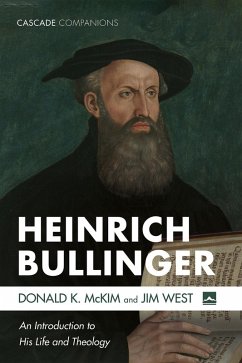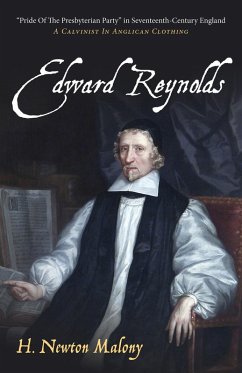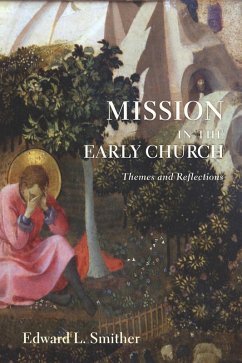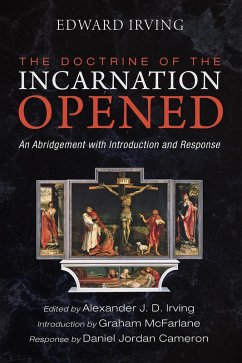
The Doctrine of the Incarnation Opened (eBook, ePUB)
An Abridgement with Introduction and Response
Redaktion: Irving, Alexander J. D.

PAYBACK Punkte
12 °P sammeln!
Edward Irving's Christological thought was at the center of a theological storm in the early nineteenth century. For Irving, that God the Son assumed a fallen human nature was of the upmost importance. Without this, he believed, the reality of salvation was questioned, the trinitarian grammar of the work of God was neglected, and the basis of Christian discipleship in the power of the Spirit was emptied of its power. Irving's views on this matter went on to inform the thought of John McLeod Campbell, Thomas F. Torrance, and Karl Barth. This abridgement presents Irving's distinctive views regar...
Edward Irving's Christological thought was at the center of a theological storm in the early nineteenth century. For Irving, that God the Son assumed a fallen human nature was of the upmost importance. Without this, he believed, the reality of salvation was questioned, the trinitarian grammar of the work of God was neglected, and the basis of Christian discipleship in the power of the Spirit was emptied of its power. Irving's views on this matter went on to inform the thought of John McLeod Campbell, Thomas F. Torrance, and Karl Barth. This abridgement presents Irving's distinctive views regarding the person of Jesus Christ in an accessible format. Readers will be further assisted in engaging with Irving's views with an introduction and a critical response.
Dieser Download kann aus rechtlichen Gründen nur mit Rechnungsadresse in A, D ausgeliefert werden.




